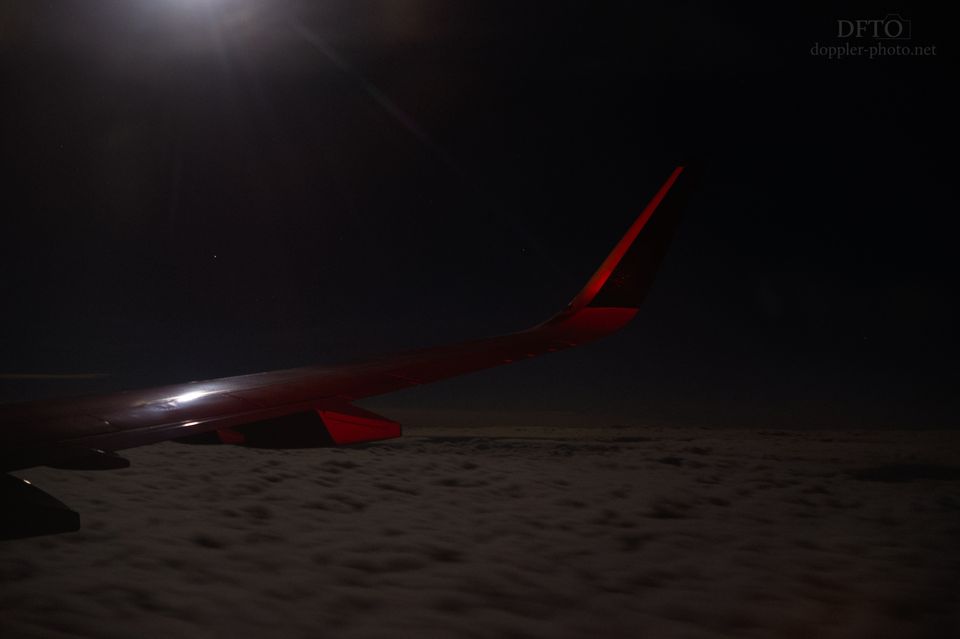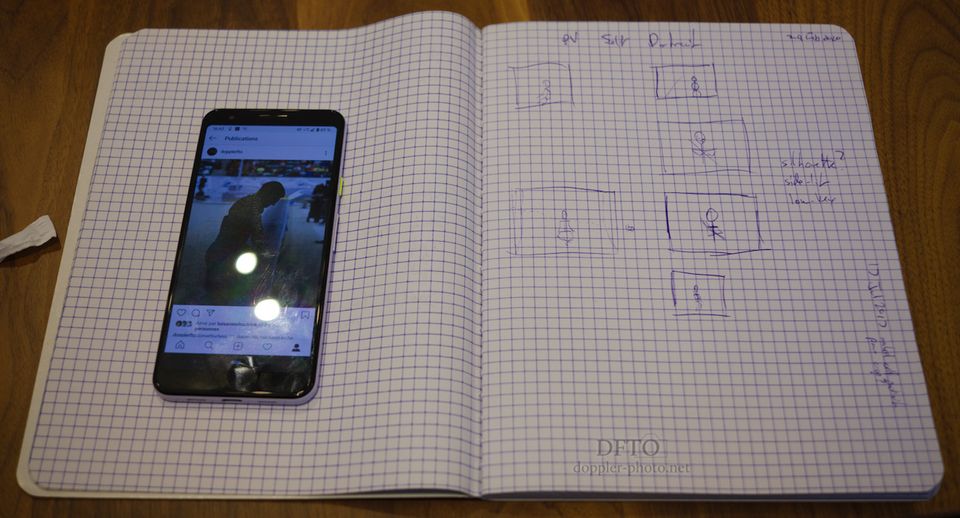
A good endurance race is more slow than fast. And in the dead of winter, it's also more darkness than light. One of the unique challenges of the 25 Hours of Thunderhill is the amount time that's spent enduring the darkness.
Pit stops in the dark take longer. The growing fatigue of 6+ hours of racing combines with the reduced visibility to delay the most mundane of tasks, and the challenge is magnified for any extended diagnosis or repair. If a tool rolls out of sight, it's that much harder to find. Coordination between teammates becomes more difficult without the aid of hand signals and eye contact. And any dark corners in a cramped engine bay become that much darker and trickier to work in. So a repair that might be a quick fix during the day becomes a bit more of a slog at night.

Out on track, it's a similar story. During the day, you see cars and drivers and hand signals and a bunch of other details. You see a trail of dust when a car's gone off track, and there's a moment of mutual negotiation as it makes its way back onto the racing surface.
At night, you mostly just see lights and the things that they momentarily illuminate. You have to work harder to spot your navigational cues, and you have to work harder to maintain awareness of the track condition, vehicle condition, and the presence of cars and objects around you that are now harder to see. Dazzling headlights can make it difficult to differentiate between multiple vehicles approaching from behind, and consequently, you also have to be more conservative, because it's harder to know that everyone sees you, and that you see everyone who's nearby.

But despite best efforts, sometimes you end up waiting with someone for awhile, basking awkwardly in the red glow of the approaching safety vehicles…

Vehicle recovery in the dark can be trickier as well. The same coordination problems manifest between the folks on the Safety team. Plus, vehicle damage can be harder to spot, which can cause vehicles to move in less-predictable ways as they're being pushed and pulled around. For instance, signs of suspension issues that would be obvious during the day just aren't quite as apparent when the wheel and the bodywork are shrouded in darkness.

Safety vehicles operating at night also create a stunning juxtaposition between the exterior lights, which are designed to be visible from a significant distance and to illuminate a dangerous or unsteady work area, and the interior lights, which are set to provide some light while still conserving the occupants' night vision. The contrast mirrors a challenge faced by the drivers themselves, who want to cast enough light far enough to see apexes and on-track debris, but who also don't want to be blinded by the lights of other vehicles with those exact same goals.

Eventually, that stress and fatigue gets to you. I caught up with Ben (right) and Eric, crewmembers for the El Diablo Motorsports #30 BMW 325, as they took an overnight break at the highest point in the track. This was Ben's second 25-Hour race, and Eric's first.
It can be surprising how far removed this vantage point is from the moment-by-moment rigors of actually supporting a vehicle. You see the cars zoom past at a distance, rather than from a foot away. The sound of them is more like music and less like a hammer against your ear. And when you look around, it's a brisk night sky. When the moon is up, its light caresses the features of the terrain surrounding the track. And when it's not, only a handful of widely-spaced generator lights lift the track out of the pitch black night.
Really, though, it's nice to just zone out and watch the headlights and taillights dance around as they wind their way through the darkness.

But those breaks don't last. Inevitably, something new happens, and then it's time to pull the team together, put your heads together, and figure out some challenges. You can't meet the sunrise unless you first survive the night. The complete Moments In Between series:





